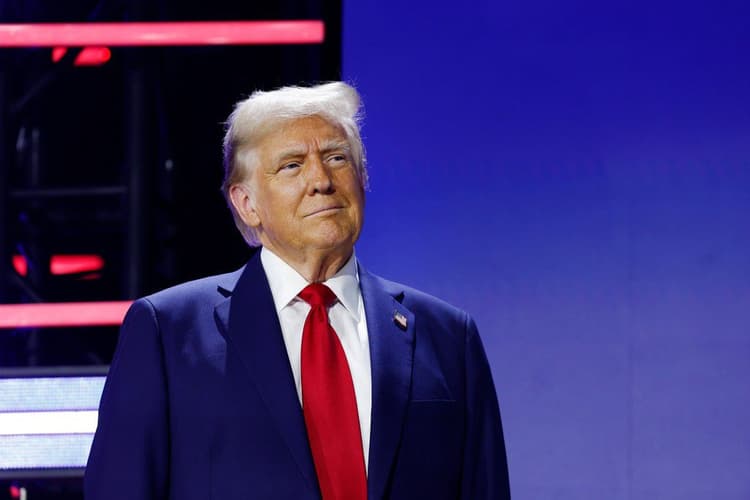The Democratic Party has filed a lawsuit against the Trump administration over a sweeping executive order aimed at overhauling election procedures, including requiring proof of citizenship for voter registration and limiting the counting of mail-in ballots.
In a legal action submitted on Monday, the Democratic Party sought to block the executive order, which prevents states from counting mail-in ballots that arrive after Election Day. The order also mandates that voters provide proof of citizenship, such as a passport, when registering to vote.
“The President cannot unilaterally dictate the rules of our elections,” said the lawsuit, filed in Washington by the Democratic National Committee, Senate Minority Leader Chuck Schumer, House Minority Leader Hakeem Jeffries, and others.
The lawsuit further argued that the executive order “seeks to impose radical changes on how Americans register to vote, cast ballots, and engage in our democracy—changes that threaten to disenfranchise lawful voters and are illegal.”
Following the signing of the March 25 order, titled “Preserving and Protecting the Integrity of American Elections,” President Donald Trump described it as “the farthest-reaching executive action taken” to safeguard U.S. elections.
Trump, who has never acknowledged his defeat in the 2020 presidential election, has frequently cast doubt on the integrity of U.S. elections and promoted baseless conspiracy theories about widespread election fraud, particularly involving absentee voting.
Legal experts quickly condemned Trump’s election order as an overreach of presidential power that could disenfranchise millions of eligible voters.
In addition to the Democratic Party’s lawsuit, advocacy groups such as the Campaign Legal Center and the State Democracy Defenders Fund filed a separate legal challenge on Monday against the same executive order.
“The president’s executive order is an unlawful action that threatens to disrupt our established election systems and silence potentially millions of Americans,” said Danielle Lang of the Campaign Legal Center. “It is simply beyond the president’s authority to unilaterally alter election rules, particularly when such changes restrict access to voting.”

